Religious Studies Project Opportunities Digest – 8 September 2015

Calls for papers Journal: Open Theology Special Issue: Topical Issue on Psychotherapy and Religious Values Deadline: December 31, 2015 More information Conference: EIRAAR: Globalizing the Humanities May 6–7, 2016 University of Pittsburgh, PA, USA Deadline: February 15, 2016 More information Conference: Religious Movements in a Globalized World: Korea, Asia, and Beyond Daejin University, South Korea July 5–10, 2016 Deadline: February 15, 2016 […]
Religious Studies Project Opportunities Digest – 18 August 2015

As summer is coming to a close for many of us, spring is just around the corner for others. So, best wishes of a beautiful and productive fall spring to you!
Now, go get your cup of tea coffee and take ten minutes to check out some of the opportunities that may help you be extra productive in the upcoming months!
Religious Studies Project Opportunities Digest – 23 June 2015

We are happy to provide you with this week’s opportunities digest!
We would like to express our gratitude to everyone who forwarded notifications. On that note, we would also like to encourage you to continue to do so in the future (and invite those who remain hesitant to begin)!
2015 Conference on Religion and American Culture Report
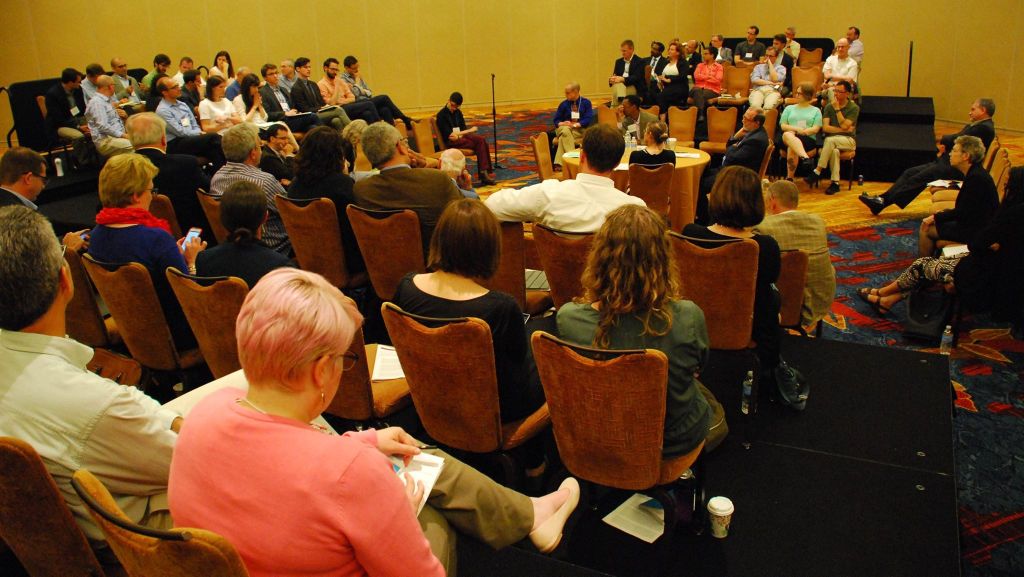
The Biennial “Conference on Religion and American Culture” was held June 4 to June 7, 2015 in Indianapolis. The conference is sponsored by the Center for the Study of Religion and American Culture and Religion & American Culture: A Journal of Interpretation. Conference report for The Religious Studies Project by Jeffrey Wheatley, a PhD student at Northwestern University.
Of Demon Kings and Protestant Yakṣas
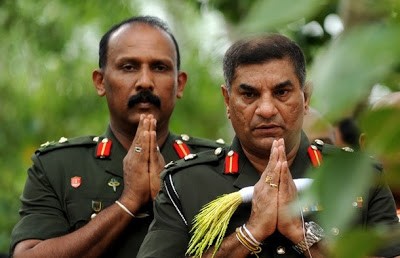
The disappointment of Western pacifists here is not unlike the reaction of early Orientalists who, disappointed by the ritualism and deity-worship they found in living Buddhist cultures, described a degenerate Buddhism.
Let me begin by saying that this is not a critique, but an effort to contribute to a conversation about issues that have affected me personally as a scholar. In particular,…
Religion Without Culture is No Religion at All
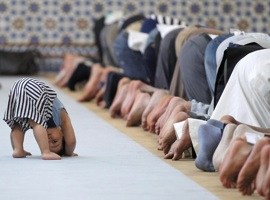
If content can explain the tendency to hold supernatural beliefs, but cultural learning is required to create religions, then we can make specific predictions about how these things should vary around the world.
I’d like to start by thanking Jon Lanman for his insightful description of CREDs, CRUDs, and the larger issue of content and context biases as the foundations of religion.
Keeping the Bar Steady: The Complexities of Interdisciplinary Approaches to Religion

While evolution does provide a biologically rooted framework that affords cognitive psychologists the theoretical rationale for extrapolating that all cultures utilize the same mental facilities (albeit quite differently depending on their environment), in order to explain religion in all its variants both past and present, cognitive psychology is both necessary and sufficient.
The RSP At Your Conference

Planning a conference or other academic event? Here’s how The Religious Studies Project can offer support and promotional opportunities: Pre-event promotion on RSP social media feeds reaching 2200 people a day Promotion in our weekly RSP Opportunities Digest sent to 500 subscribers Record and publish a special podcast featuring the conference topic that will be […]
“The Last Word…?” A Response to Bruce Lincoln’s interview on “The Critical Study of Religion”

Can one really engage in a “serious conversation” in which one always has “the last word”? Or is that perhaps a “misrecognized monologue,” to use Lincoln’s terms? And what are the potential political implications of the assertion that scholars “have the last word”?
Identity Crisis: the Nones and Habitual Christianity

Many of my participants felt that familiarity with Christianity permitted them to be critical in a way that they could not with other religious traditions.
This podcast coincides with Linda Woodhead’s recent Croall Lectures, aimed at interrogating the question: Is Britain still a Christian country? Drawing on her own qualitative research and recent surveys in the UK,
Dressing in Skins of Gods: New Approaches to Aztec Religion
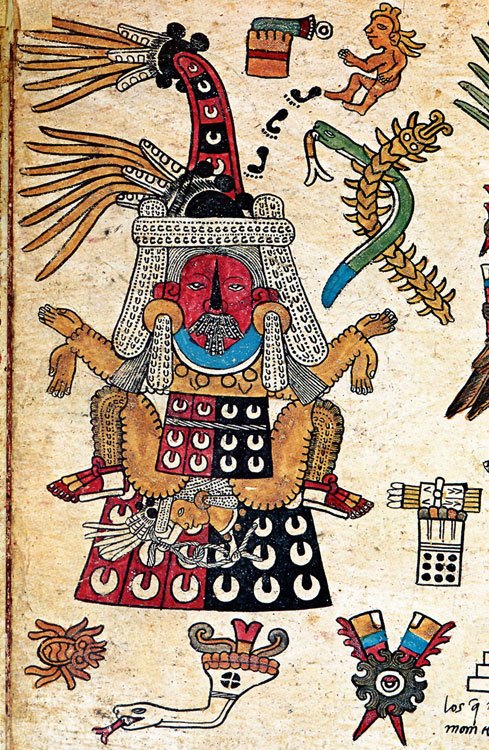
Recent scholarship on Mesoamerican religions has been influenced by Mircea Eliade in a persistent fashion that has yet to be critically addressed.
Molly Bassett is an enthusiastic advocate for studying Mesoamerican religion, a welcome new direction in Religious Studies. She credits the critical mentorship of David Carrasco, Neil L. Rudenstine Professor of Latin America Studies at the Harvard Divinity School. Although she does not mention this, his influence makes her an intellectual “granddaughter” of Mircea Eliade, …
Molly Bassett

Dr. Molly Bassett is Assistant Professor and Director of Graduate Studies of Religious Studies at Georgia State University. Her scholarship aims at understanding the intersection of religion and the natural world in Aztec and Nahua cultures. In her first book, The Fate of Earthly Things: Aztec Gods and God-Bodies (University of Texas Press 2015), she […]
Outside the Panels: Comics and Context
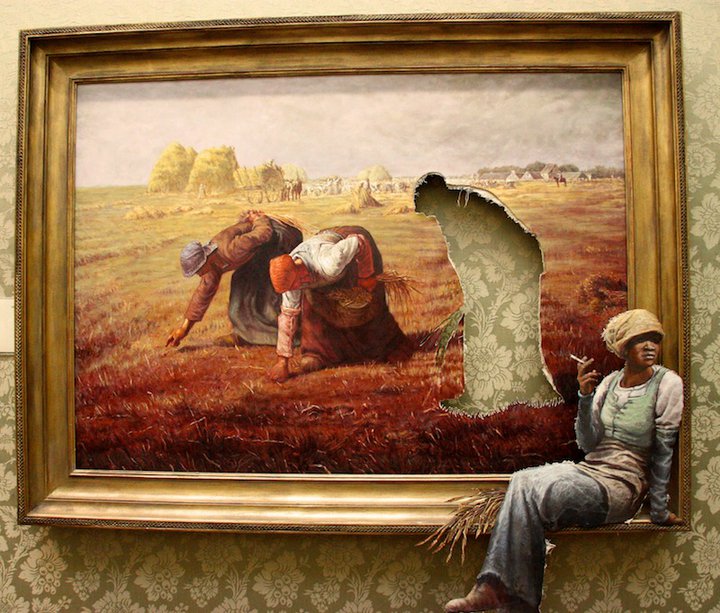
Comic books frequently include alternative or heterodox religious ideas, something underscored by the fact that two of the most acclaimed writers working today (Alan Moore and Grant Morrison) are practising magicians, and their work frequently contains references to their practises.
At several points during his most recent interview with the Religious Studies Project, A. David Lewis alludes to the prominence of religious themes and images in comic books.
“For a Secret Teaching, They Sure Do Write A Lot About It” – Is There a Gurdjieff Studies or only a Gurdjieff Industry?
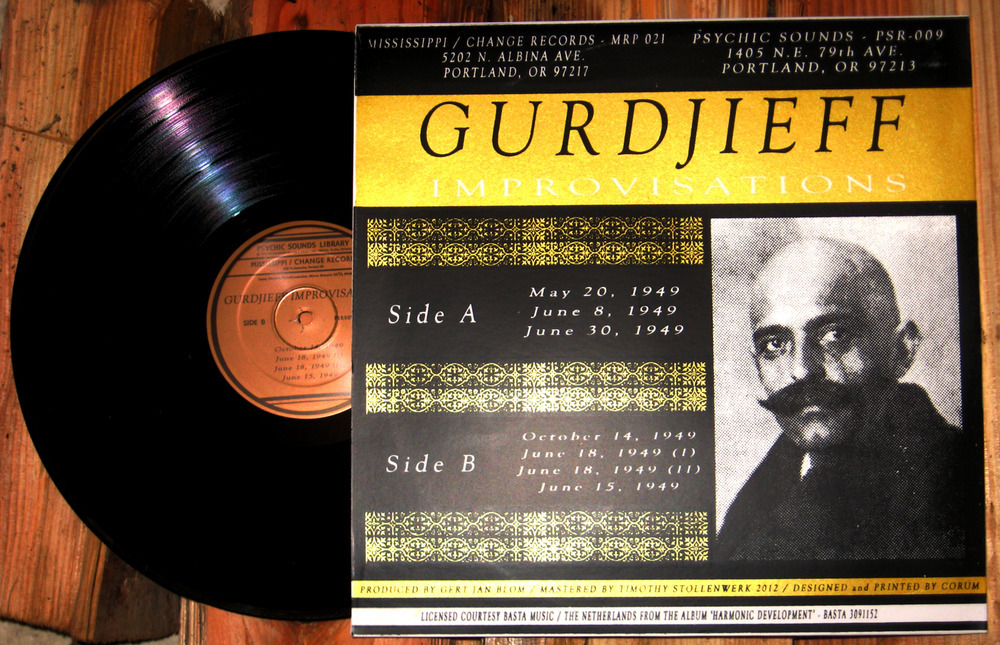
While there is little disagreement as to the basic content of Gurdjieff’s spiritual teaching, there is currently no concrete proposal about the place of Gurdjieff within the broadly scientific study of religions.
In David Robertson’s interview with Professor Carole Cusack of the University of Sydney and Steven Sutcliffe, Senior Lecturer in the Study of Religion at the University of Edinburgh, …
Religious Authority in a Post-Religious Society
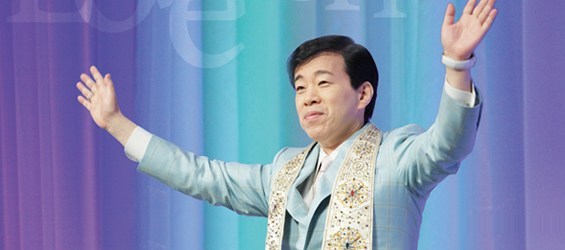
Since the 1980s, social and economic pressures to stay within mainstream society have become more prominent, and spiritually minded individuals often seek more limited, loosely bonded participation in New Age-style modes of thought.
The question of charismatic and spiritual authority has become ever more relevant in present day Japan, which is an exceedingly “non-religious but spiritual” nation.
